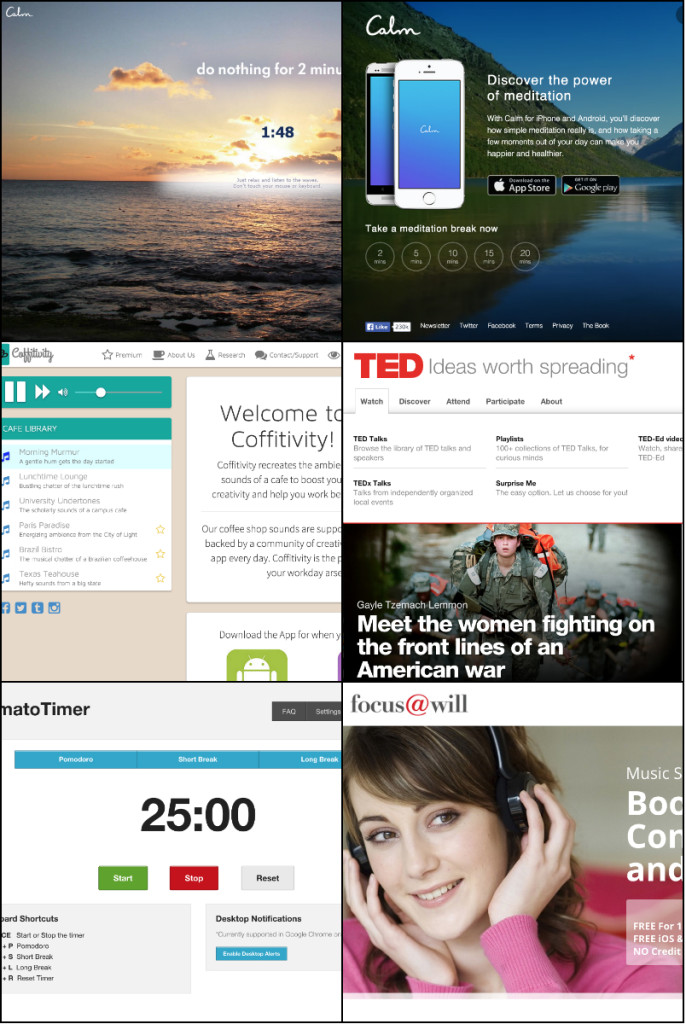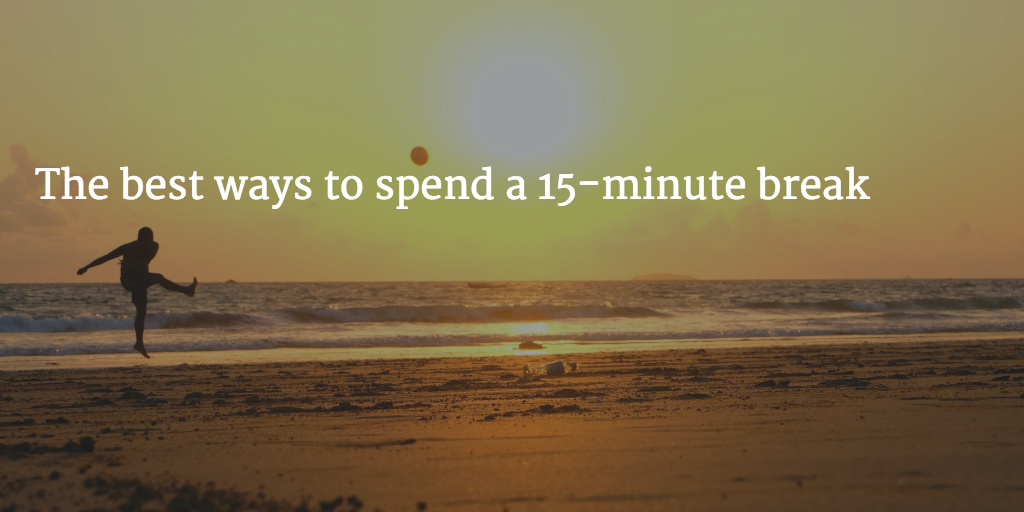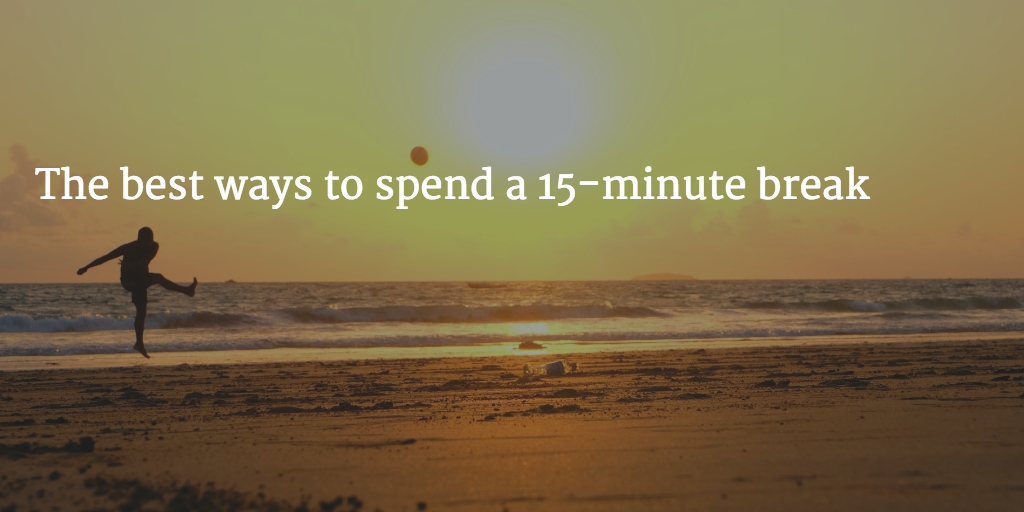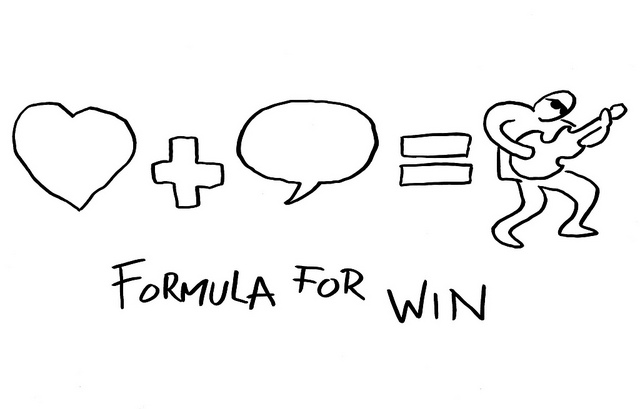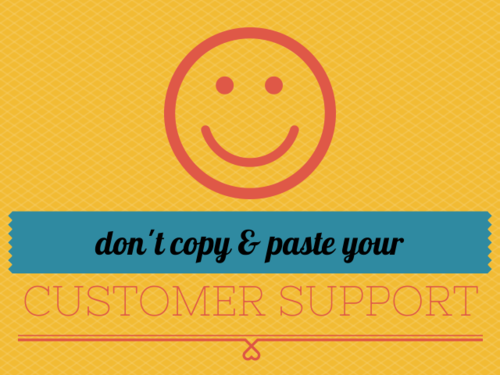Ten years ago, Jon Bell, now a designer at Twitter, told his wife that he’d be happy with how much he was making for the rest of his life.
I didn’t make much at the time. But that marked the day I began trying to fight back the impulse for “more” and instead try to discover how “enough” feels.
The conventional wisdom is that to be successful, you have to be really hungry for it, never content with mere sufficiency and outdoing everyone else. Surprisingly, Jon’s philosophy of aiming for enough is a better approach.
It all comes down to whether you’re a maximizer or a satisficer. A maximizer yearns for perfection — making the best decision after weighing all the choices while a satisficer goes for “good enough.” This doesn’t mean you have to settle for lower standards — but you do prevent yourself from “trying to maximize every single task outcome and ROI.”
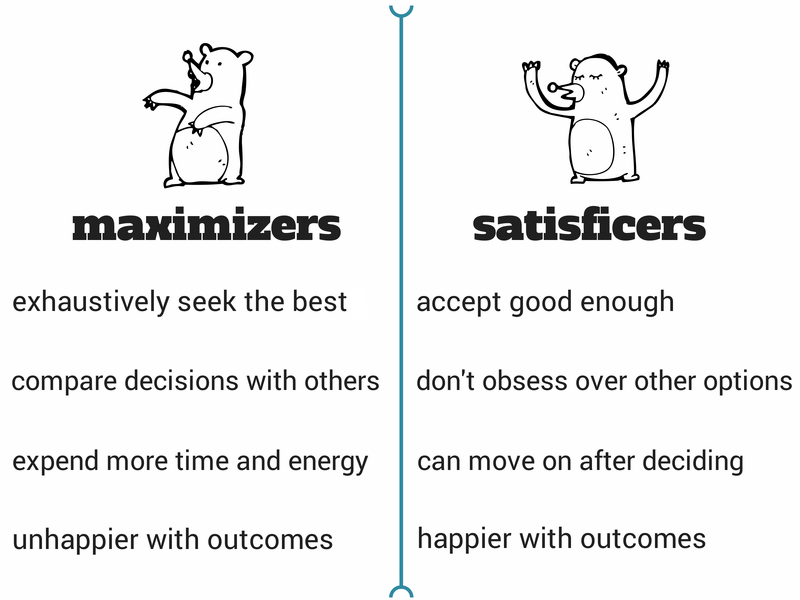
That’s why high achievers fall into the peculiar trap of getting mentally caught up in what you haven’t done — there’s always something else to be working on because it feels like, the more you do, the more you gain an edge. But focusing too hard on maximizing your productivity and choices can come at an ultimate cost to your time, health, and happiness.
Ironically, maximizing doesn’t lead to the optimal result.
Read more


